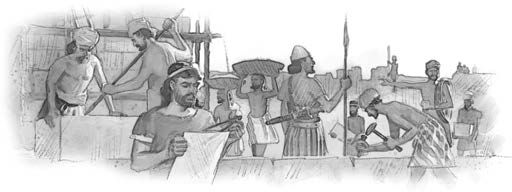The plan was ambitious: send 25 missionary couples from South America to share the gospel in the countries of the 10/40 window.
I listened intently as Erton Köhler, president of the South American Division, presented the “Missionaries to the World” initiative to 80 Seventh-day Adventist leaders from across South America at the division’s headquarters in Brazil’s capital, Brasilia, in 2014.
Pastor Köhler spoke about the challenges the Adventist Church has faced in the Middle East, and he mentioned a lack of financial and human resources. Our division could help by sending 25 married couples and covering all their expenses, including airfare, food, and insurance, for five-year terms. Pastor Köhler invited us to support the initiative financially. Each of us served as the president of a conference or mission in the South American Division. I was the president of the Central West Argentine Mission, a small territory with little money. We were dependent on the Argentina Union Conference to make ends meet.
Pastor Köhler suggested that our contribution be determined by how many members we had.
But not all conferences and missions have the same financial situation, I thought. Another problem was a difference between official church member ship and the number who attend church regularly. In my mission, official membership was 10,000 people, but, in reality, only 5,000 members went to church every Sabbath.
I had to make a pledge. My heart pounded as I considered the issue. I knew the suggested contribution was high compared to the size of our budget. The mission treasurer was not with me to ask whether we could afford it. I didn’t have much time to weigh the matter. With a prayer of faith, I pledged to donate the suggested amount for a territory with 10,000 members. Then I texted the treasurer, “This is what we have to do.”
He immediately texted back, “OK.” He also wanted to support the project. Two weeks later, a big surprise awaited me in my office.A member unexpect edly sold some property and returned a large tithe. The tithe amounted to three
times more than the funds we had given to the division’s missionary initiative!
I firmly believe the first person who benefits from the act of giving is the giver. The South American Division’s missionary initia tive ended up blessing church members in the Central West Argentine Mission most of all.
Horacio Rizzo, served as president of the Central West Argentine Mission for nearly three years before being appointed president of River Plate Adventist University in Argentina in 2016. Three married couples who graduated from the university serve as missionaries in the “Missionaries to the World” initiative.

